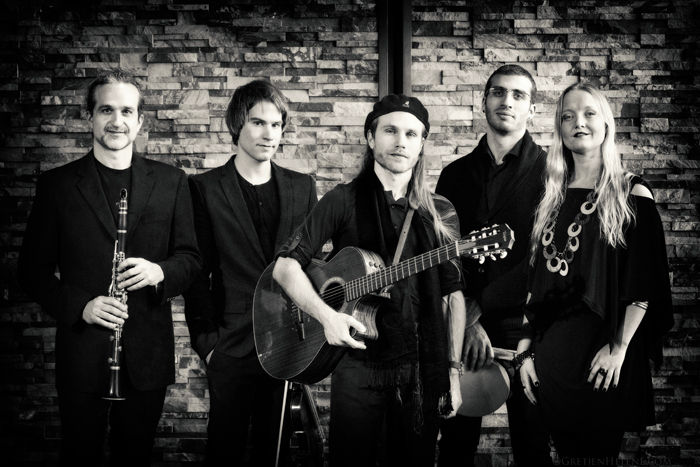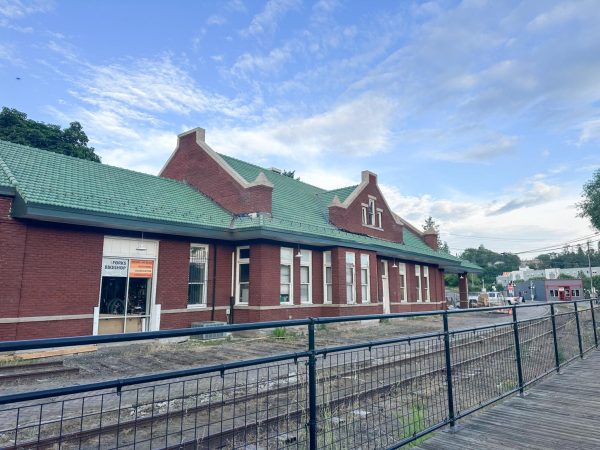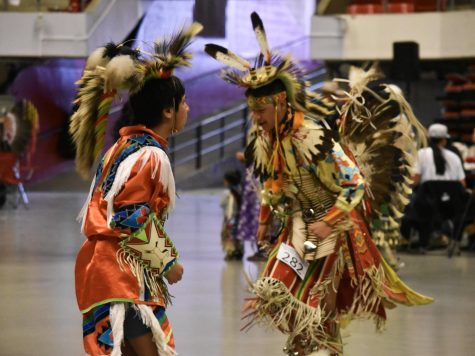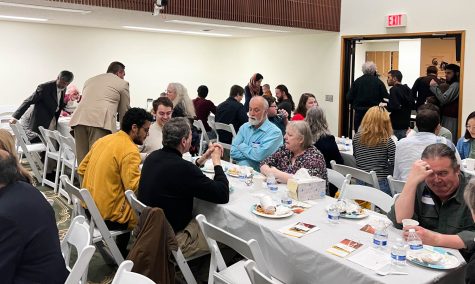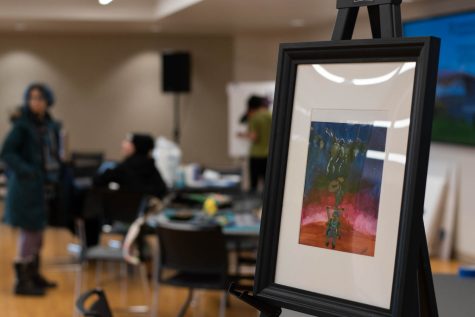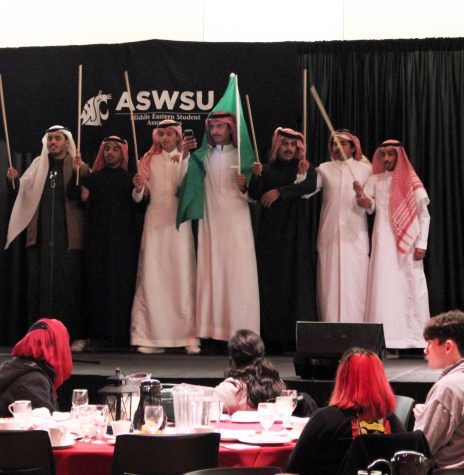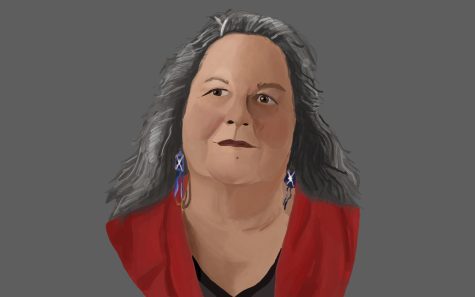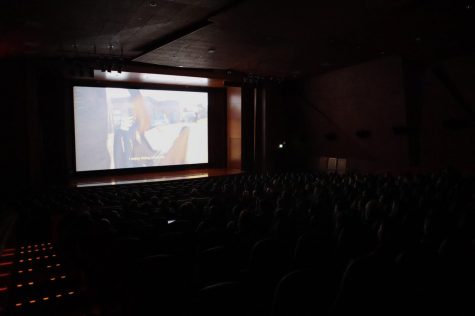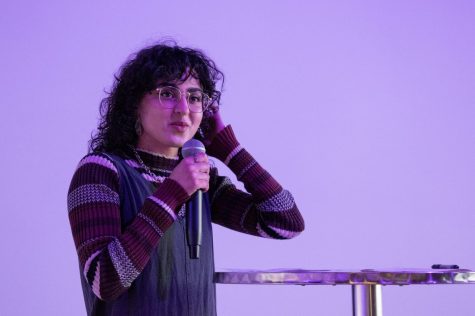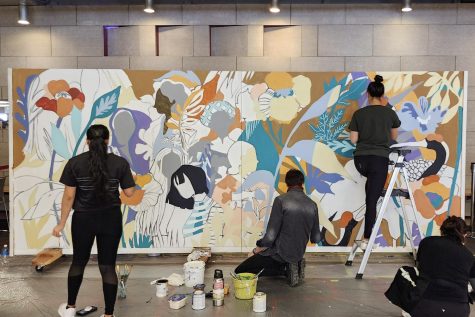“Sailors, Sirens, & Kings”
The Guy Mendilow Ensemble, a quintet with members from the U.S., Argentina, Japan and Palestine, use vocals, percussion, violin, woodwinds and guitar to perform in Ladino, an endangered language from the region of Greece, Turkey and Israel.
September 23, 2015
It’s spelled Ladino, with a “d”, and has nothing to do with Latin America.
Ladino is an endangered language from the regions of Greece, Turkey and Israel, and it is the focus in the music of the Guy Mendilow Ensemble. It is the mother tongue of Sephardic Jewish communities originally from Spain. The ensemble will appear tomorrow for the Humanitas festival, giving a performance and a lecture/demo.
The five-person cast of the ensemble comes from the U.S., Argentina, Japan and Palestine, and their instrumentation includes vocals, percussion, violin, woodwinds and guitar.
The ensemble’s musical focus is 21st century adaptations of old songs from Greek and Balkan communities. All these songs are story-based, ranging from tongue-in-cheek to epic tales.
“I imagine each one of these stories is like a movie,” said Guy Mendilow, the director for the ensemble. “We (try to) tell the story as real and as gripping as a visual experience can be.”
Before their performance of “Tales from the Forgotten Kingdom,” the ensemble will host a lecture/demo titled “Sailors, Sirens, and Kings: Traditions and Change in Ladino Song.”
Gail Siegel, the director of WSU Performing Arts, said the demonstration introduces participants to Ladino song types and the language of Balkan Jewish communities.
There are only 100,000 Ladino speakers in Israel, Turkey and Greece with a few hundred in the U.S., including families in the Palouse area, Siegel said.
They will also learn about the history of these communities in Spain, who were expelled from their homes during the Spanish Inquisition.
“Whenever possible, we try to add a workshop, outreach program or master class with artists coming to WSU to perform,” Siegel said.
“Tales from the Forgotten Kingdom” has a lot of history, but the performance is more to allow people to be transported to a different time and place, Mendilow said.
“It’s like an exotic adventure with a team of savvy world travelers,” he said. “That doesn’t change the fact that there is a lot of history.”
Part of that history includes how the communities who used Ladino were almost completely destroyed during the wars of the early 20th century, and the lecture/demonstration gives an opportunity to learn about that historical content.
Ladino-speaking cultures have a long and important tradition, but many people in this country don’t even know these communities existed, Mendilow said.
“Sailors, Sirens, & Kings” gives audience members the face-to-face interaction with the performers along with a live-streaming to the WSU Global Campus. Most of the programs like this are meant to be interactive and give opportunities to speak directly with artists, Siegel said.
“Our hope is to provide WSU students, youth and members of our community with the opportunity to interact on a personal level, adding a richness of experience,” Siegel said.
“Sailors, Sirens, & Kings” will be held in Jones Theatre at Daggy Hall at noon tomorrow. On that same day will be the performance of “Tales from the Forgotten Kingdom” at 7:30 p.m. in the same place. Admission to both is free.
Reporting by Catherine Kruse


